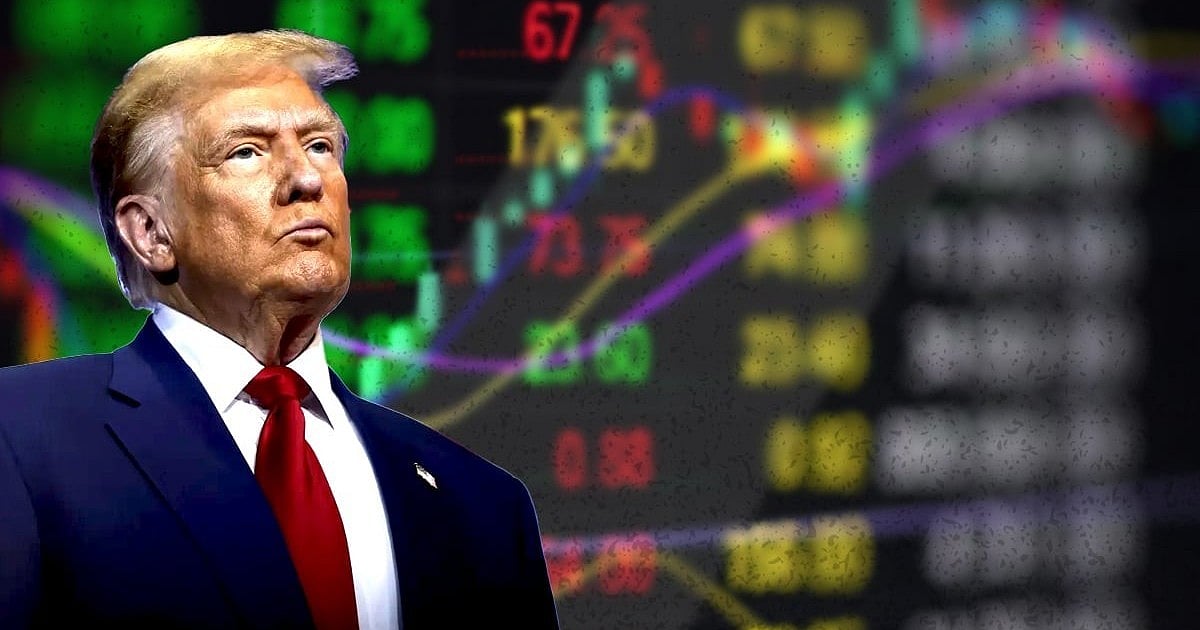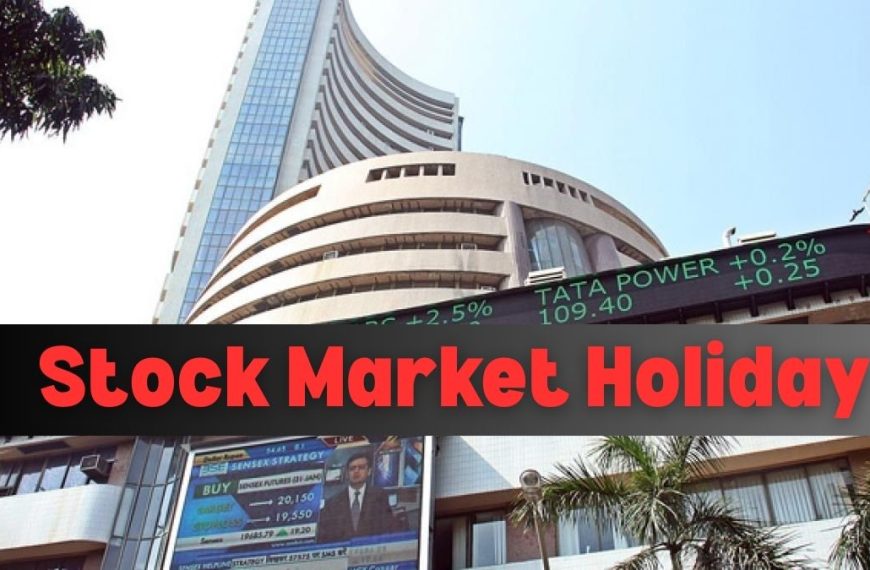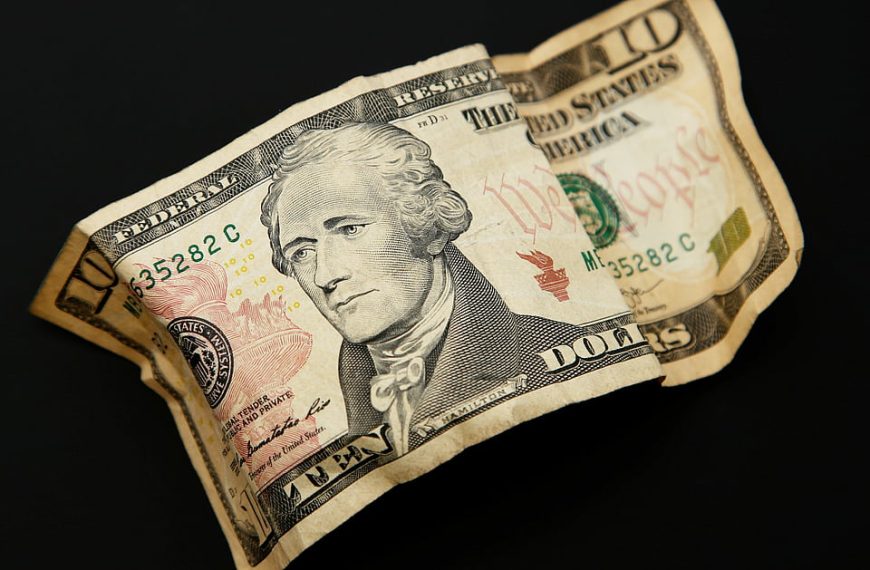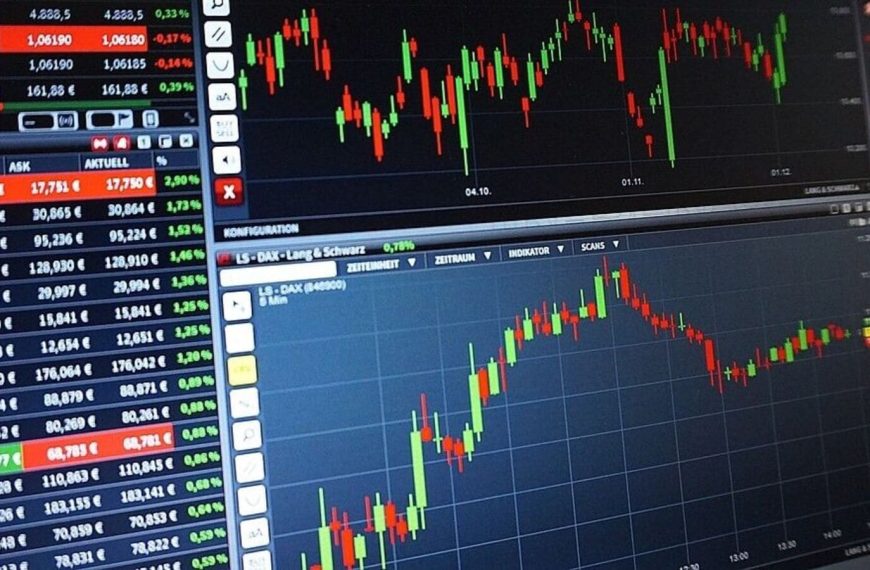As the global trade landscape grows increasingly complex, U.S. President Donald Trump is poised to implement reciprocal tariffs targeting India starting this April. This move is part of an ongoing trade conflict that has prompted investors and brokerages to shift focus toward domestic companies with less exposure to international markets. With a baseline tariff set at 10% and rates soaring to 49% for some nations like Cambodia and 34% for China, the ripple effects are palpable.
Impact of Tariffs on Global Trade
The escalating trade tensions have led to immediate repercussions, with China responding by imposing a 34% tariff, restricting imports from select U.S. firms, and imposing new export controls. Amid this uncertainty, financial analysts are advocating for a strategic realignment toward businesses that are more insulated from global disruptions.
- Key statistics:
- 10% baseline tariff across all nations
- Up to 49% tariffs on specific countries
- 34% retaliatory tariff from China
Strategic Shifts in Investment Recommendations
In light of these developments, Macquarie Research has revamped its ‘Super 6’ investment list, now prioritizing domestic companies that are less vulnerable to international pressures. The updated roster features robust local firms such as Bharti Airtel Ltd., UltraTech Cement Ltd., and GAIL (India) Ltd.. Conversely, global entities like Sun Pharmaceutical Ltd., Tata Motors Ltd., and Wipro Ltd. have been removed from the list.
- New additions:
- Bharti Airtel: Considered a "flight to safety" investment.
- UltraTech Cement: Well-positioned in the cement sector.
- GAIL: Expected to benefit from future tariff increases.
Focus on Large-Caps and Resilience in Specific Sectors
Motilal Oswal has also expressed a favorable outlook on large-cap and domestic-centric stocks. Their top selections include industry giants like Reliance Industries Ltd., ICICI Bank Ltd., and Hindustan Unilever Ltd.. In the mid- and small-cap categories, notable mentions include Indian Hotels Ltd. and Dixon Technologies Ltd. The firm has also increased allocations for HDFC Bank Ltd. and introduced Tech Mahindra Ltd. to its model portfolio.
Despite a cautious stance on technology stocks due to global uncertainties, analysts believe sectors like banking and pharmaceuticals can withstand tariff pressures.
Expert Insights on Market Dynamics
Vikas Khemani, founder of Carnelian Asset Management, asserts that pharmaceutical companies will continue to demonstrate resilience amidst the trade war. He also believes that the banking and financial sectors are unlikely to suffer significant impacts from the evolving tariff situation. Khemani emphasizes India’s competitive advantage in labor costs as a potential buffer against international market fluctuations.
As investors navigate this turbulent landscape, the consensus is clear: focusing on domestic-oriented businesses may be the prudent path forward in an era marked by escalating global trade tensions.
For further insights into how global shifts affect local markets, check out our analysis on the impact of tariffs on the technology sector.











